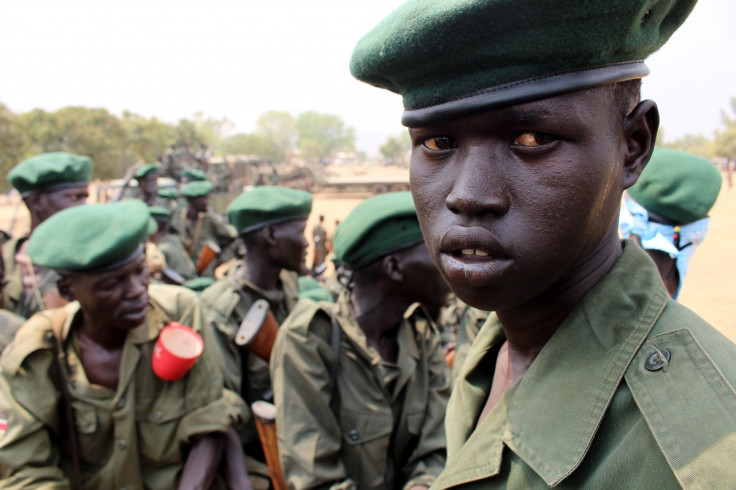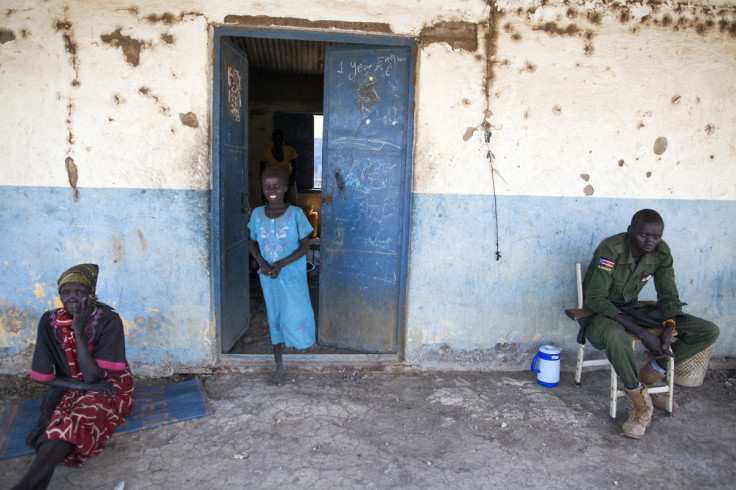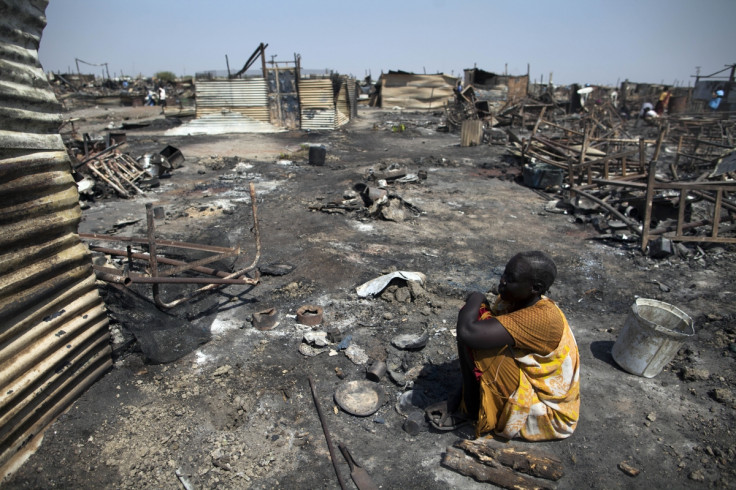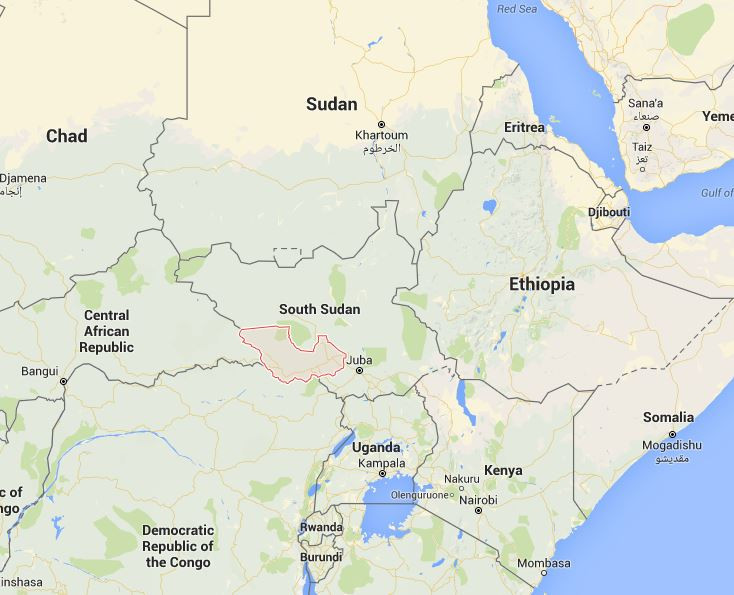South Sudan: Serious abuses and fighting escalate in western regions

An arms embargo and an effective war crimes court should be set up to help end killings, enforced disappearances, rapes, and other grave abuses carried out by South Sudanese government forces, a human rights organisation has said.
Since the onset of South Sudan's civil war in mid-December 2013, tens of thousands of civilians have been killed in attacks, often targeted because of their ethnicity or perceived allegiances, after the violence took on an ethnic dimension, with largely Dinka government soldiers singling out non-Dinka local armed groups. Violence spilled over to Western Equatoria - one of South Sudan's 10 states - in May 2015, when tensions between ethnic Dinka cattle herders and non-Dinka farming communities ignited fighting between government forces and allied militia in the town of Mundri.
Under an August 2015 peace agreement (See August 2015 peace deal – key points), President Salva Kiir and the opposition, headed by former vice-president Riek Machar, agreed to form a transitional government and cease hostilities and abuses. Since then, however, fighting between South Sudan's army, the Sudan People's Liberation Army (SPLA), and the rebel SPLA in Opposition, has spread to this previously uncontested western part of the country.
In Western Equatoria, government soldiers have allegedly attacked civilian areas, burned and looted homes, and arbitrarily detained and summarily executed people - as part of a counter-insurgency campaign targeting men and boys suspected of links to rebel militias known as Arrow Boys. This vigilante group was formed in 2009 by local communities in the region.
Over 2.2 million civilians have been displaced internally or in neighbouring countries as of September 2015, according to the United Nations (UN) Office for the Coordination of Humanitarian Affairs (OCHA).

War crimes court and arms embargo
In a new report, Human Rights Watch (HRW) blamed the South Sudanese government for a large number of abuses in the Western Equatoria, where rebel armed groups are also believed to have committed serious abuses, including rape.
"As South Sudan's fighting has shifted west, so too have the atrocities by government forces and rebel groups. South Sudan's leaders should put a stop to all abuses," Daniel Bekele, Africa director at HRW, said.
August 2015 peace deal – key points
The August peace agreement envisions a range of steps to hold violators accountable, including a hybrid court established by the AU Commission to try the most serious crimes.
- Both parties commit to immediate cessation of violence
- Machar to be reinstated as vice-president
- Foreign troops to be withdrawn
- Military personnel in Juba to be replaced by police and guards
- Creation of a transitional government to stay in power for 30 months
- Presidential election to be held 30 days before end of transitional government mandate
- Inquiry into abuses committed during the conflict
Full document here
Both the government and the opposition have made commitments to support justice for crimes against civilians since fighting began, but if there have been any domestic probes into alleged abuses, they have not been made public.
The AU Commission has yet to make significant progress on creating such a court, which will need a statute, infrastructure agreements, and a budget before it can begin functioning. These steps can be taken in parallel to other developments, such as the formation of a transitional government, HRW said.
Bekele said the African Union (AU) Commission should establish a hybrid court to try the most serious criminal cases as envisioned in the peace agreement.
Hybrid courts, which include both international and domestic judges and other staff, have been used in other countries to deliver justice where national courts lack expertise or will to try these crimes.
"Rather than seeing improvements following the peace agreement, we are seeing continuous attacks on civilians and other abuses carried out with impunity," Bekele said, adding the UN Security Council should also impose an arms embargo on all forces to help halt abuses against civilians.
Bekele added: "It is high time the AU and the UN act, by moving forward with the hybrid court and implementing the long-threatened arms embargo. Both an arms embargo and an effective war crimes court are also crucial to help stem the abuses and send a message that the crimes will be punished".

Dozens dead after fighting spreads to Yambio
During the most recent fighting, SPLA forces attacked a rebel group, the South Sudan National Liberation Movement, in the village of Birisi, 20 kilometres south of Yambio on 21 January. The violence then spread to Yambio, and at least 13 people were killed, including at least three civilians.
HRW found evidence that government soldiers shot at civilians, burning and looting homes during and after the fighting in Yambio, causing an estimated 50,000 people to flee. Other abuses included the enforced disappearance of at least 11 men since November 2015.
Government soldiers have prevented aid agencies and observers from reaching the affected areas, and authorities have largely failed to respond to allegations of abuses, underscoring the breakdown in law and order that has accompanied the spread of the conflict, HRW claimed.
Fighting has also escalated in other parts of South Sudan, with officials describing an attack on a UN compound in Malakal city - a refuge for nearly 50,000 people - as a possible war crime.
At least 25 people, including three aid workers, were killed, and more than 120 wounded after government soldiers and other armed men attacked the camp. It is estimated 2,700 shelters were torched and most of the camp's 43,000 residents forced to flee to an older protection site or back into the city.

© Copyright IBTimes 2025. All rights reserved.






















